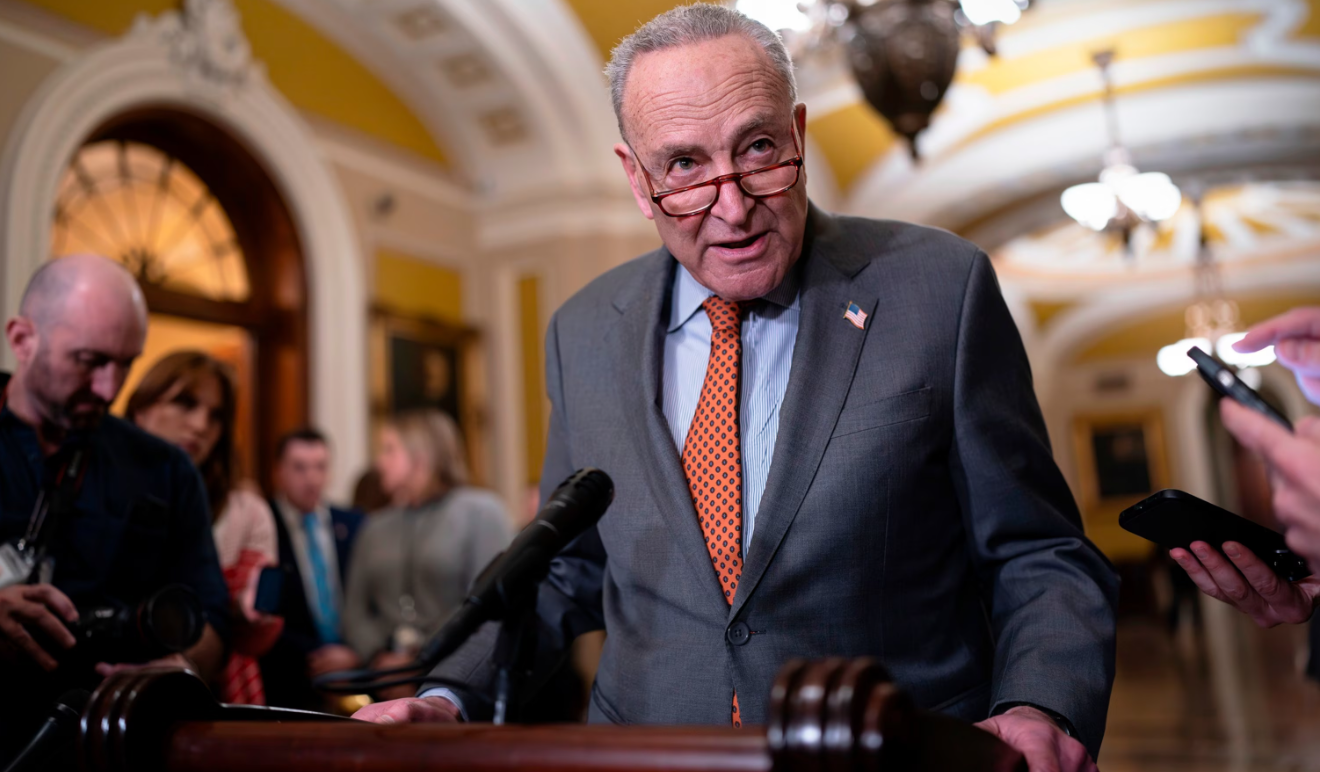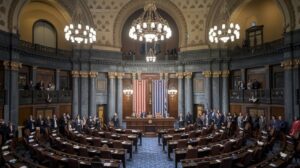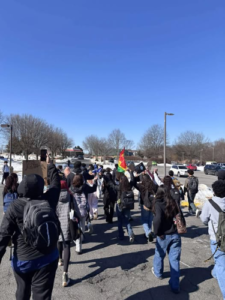In a recent address, Senate Minority Leader Chuck Schumer expressed grave concerns that President Donald Trump’s extensive tariff policies are “teeing up a nationwide recession,” highlighting the potential destabilization of the U.S. economy.
Understanding the Scope of the Tariffs
On April 2, 2025, President Trump enacted sweeping tariffs, including a 10% blanket duty on nearly all imported goods and additional import taxes on 60 nations. These measures, referred to as “Liberation Day” tariffs, aim to reduce the trade deficit and bolster domestic industries. However, critics argue that such broad tariffs could have unintended and far-reaching economic consequences.
Economic Indicators and Expert Opinions
The financial sector has responded with alarm. JPMorgan Chase CEO Jamie Dimon warned that the tariffs are likely to raise consumer prices and increase the likelihood of a U.S. recession. He emphasized that prolonged tariff implementation could have effects that are “hard to reverse.”
Similarly, BlackRock CEO Larry Fink noted that most CEOs he has spoken with believe the U.S. is already in a recession, attributing this sentiment to the recent tariff escalations.
Impact on New York’s Economy
Senator Schumer highlighted the specific impact on New York, stating that the tariffs could cost the city nearly $20 billion and potentially lead to significant job losses. He described the situation as a “gut punch” to New York’s economy, emphasizing the need to halt the damaging trade war with allies like Canada to protect families, businesses, and jobs.
Senator Schumer Warns, Potential for Stagflation
Economists are also concerned about the risk of stagflation—a rare economic condition characterized by stagnant growth and rising inflation. The combination of increased consumer prices due to tariffs and a slowdown in economic activity could create a challenging environment reminiscent of the 1970s.
Conclusion
The implementation of widespread tariffs by the Trump administration has sparked significant debate and concern among policymakers, economists, and business leaders. While intended to strengthen domestic industries, the potential for increased consumer costs, job losses, and an economic downturn cannot be overlooked. As the situation unfolds, it is crucial for stakeholders to carefully assess the long-term implications of these trade policies on the U.S. economy.
[USnewsSphere.com / reu]





